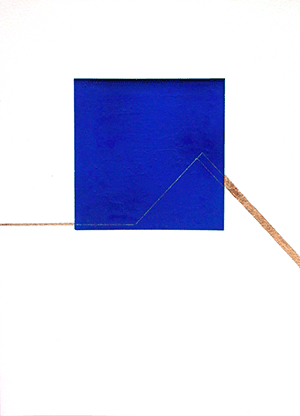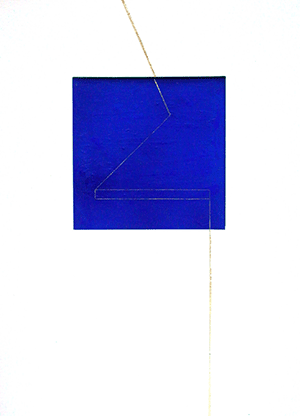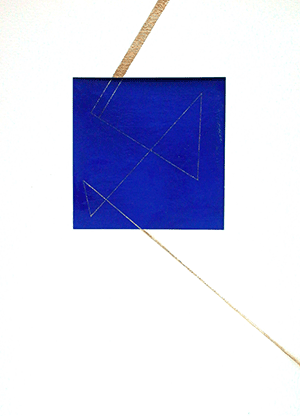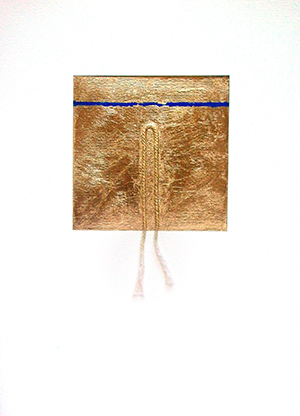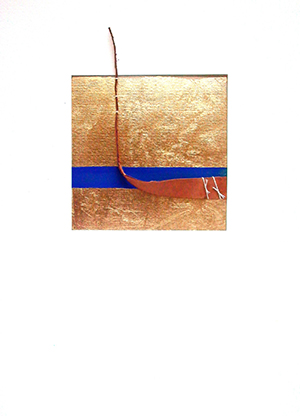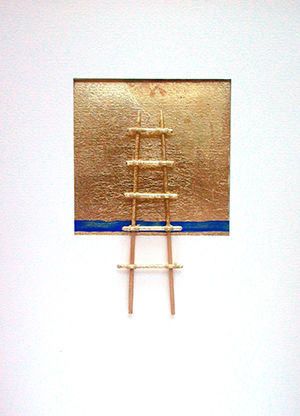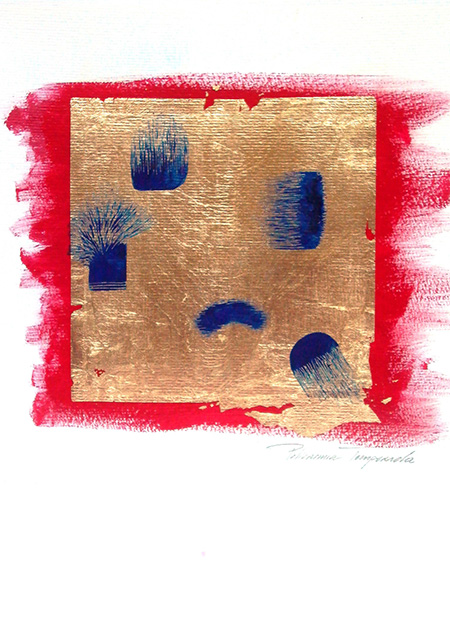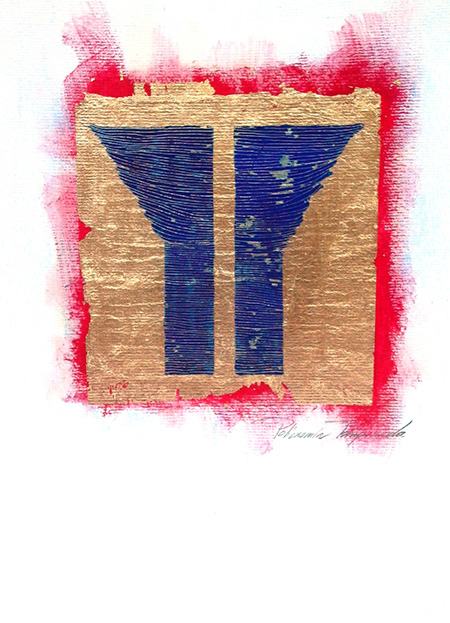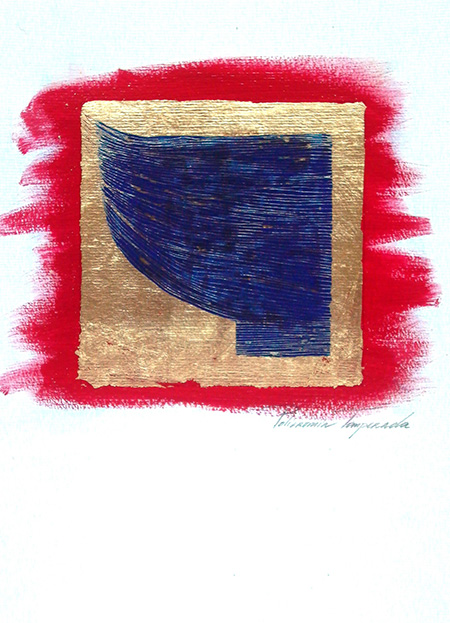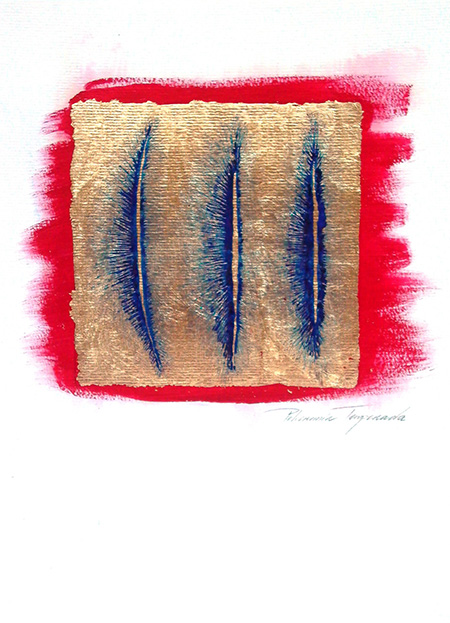
Machteld Zaaruolo
“Machteld Zaaruolo’s work seems to place itself between two elements - nature on the one hand, and geometry on the other. The subjects of nature, like the human body - physical shape, gestural ability, pose, facial expression - are recurrent themes in her work. On the other hand, her solid organisation in diptychs, or triptychs, her severe image cuts, the essentiality of the composition, the highlighting of precise main shapes, are strong clear signs.” |
||
 |
||
Imagine a place where unemployment is increasing fast and jobs for designers are next to nothing, but the surrounding landscape is bathed in sunshine and its lush vegetation gives way to reathtaking beaches, wild waves, blue sky and the mood is laid-back, this idyllic world is Portugal. ‘Today ZiNiDesign is one of the leading unknown design companies’, Enrico Zaaruolo commences our conversation about his design studio with an effortless Italian charm. At “Café Ideal”, situated right under his office in Sintra, we have a "bica", a well roasted coffee that is a bit softer than the Italian espresso and with an aroma that reminds of Portugal's old colonies. The wide variety of pastries in front of us, some with obvious Moorish roots, makes the required obligation to choose only one, extremely strenuous. ‘Choose blindly,’ Enrico assures me, ‘one will be better than the other' and before I know he orders several ones. ‘Design is still very young in Portugal’ Enrico continues, ‘only after the revolution 39 years ago, design started slowly to take off. Today, we are happy to have international recognised designers like Filipe Alarcão or Toni Grilo. Still, the role of the designer is better understood in other European countries, with cities like Barcelona, Berlin, Milano or Amsterdam where designers always have been part of their national spectrum.’ Sintra, a World Heritage Site by UNESCO since 1995, is dotted by estates and castles and with its subtropical vegetation Lord Byron lauded it already “the most beautiful, perhaps in the world”. From here, ZiNiDesign launch their creative work globally. ‘At this moment we are a quartet from different European corners, each bringing in their own specific cultural heritage. As you have in the literary world ghost-writers, we work as ghost-designers, offering clients the opportunity to outsource without revealing its source and keeping their name.’ |
This growing crisis put businesses and people apart, but also can bring them together. One and a half year ago ZiNi’s design department reached out not only to designers of different plumage, but also to artists. A new collection for an established British fabric producer was one of their first successful collaborations. Others, for a producer in Spain, followed. And, as Enrico tells it, ‘life is sometimes unpredictable. Experiencing that, in our eyes, some of our most innovative and interesting design-ideas were not being selected for production by these traditional houses, we decided to start to produce and distribute these novel designs by ourselves.’ The frames in "Stripes & Frames" correspond to various epochs in European art, from Rococo and Biedermeier to Jugendstil and Art-Deco and are placed on traditional stripes. Initially the pattern was envisioned as a new collection specifically for girls, ‘but girls and boys of all ages responded to it with zest, as a result we started to extend its territory into living rooms, hallways…even restrooms’, Enrico clarifies. The hand-drawn frames are mere silhouettes, putting borders around spaces left to be filled, if desired, with memorabilia of any kind, like poems, photos, paintings, messages, letters, formulas or just left blank, a space to dream away. The stripes do not descent straight down, but in a witty amusing way bend around the crests and corners of the frames. ‘Portugal has a limited industrial base’, he carries on, ‘and what we did have only until a few years ago, has been wiped out, due to the ongoing crisis.’ In spite of everything Enrico remains optimistic: ‘Living the crisis teaches you to overcome adversity, with no penny to spend, we try to peep over the brim and crawl out of our corner.’ Stepping out of their comfort zone, and believing in the final outcome, Enrico adds ‘we do not worry about the path that will lead us there.’ |
|
 |
||
